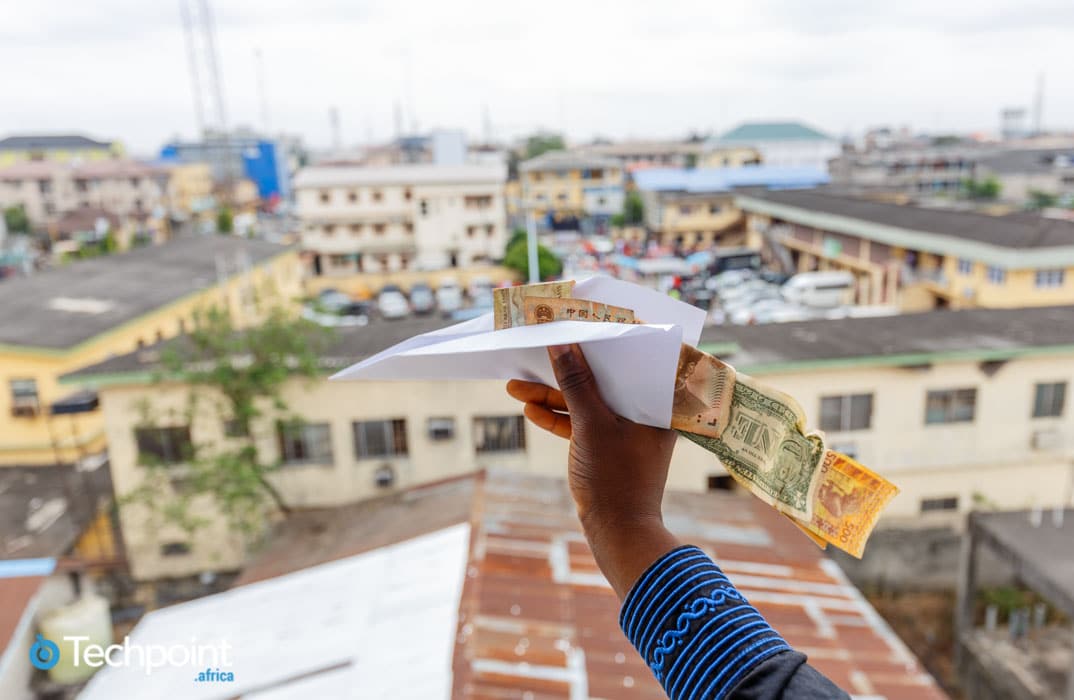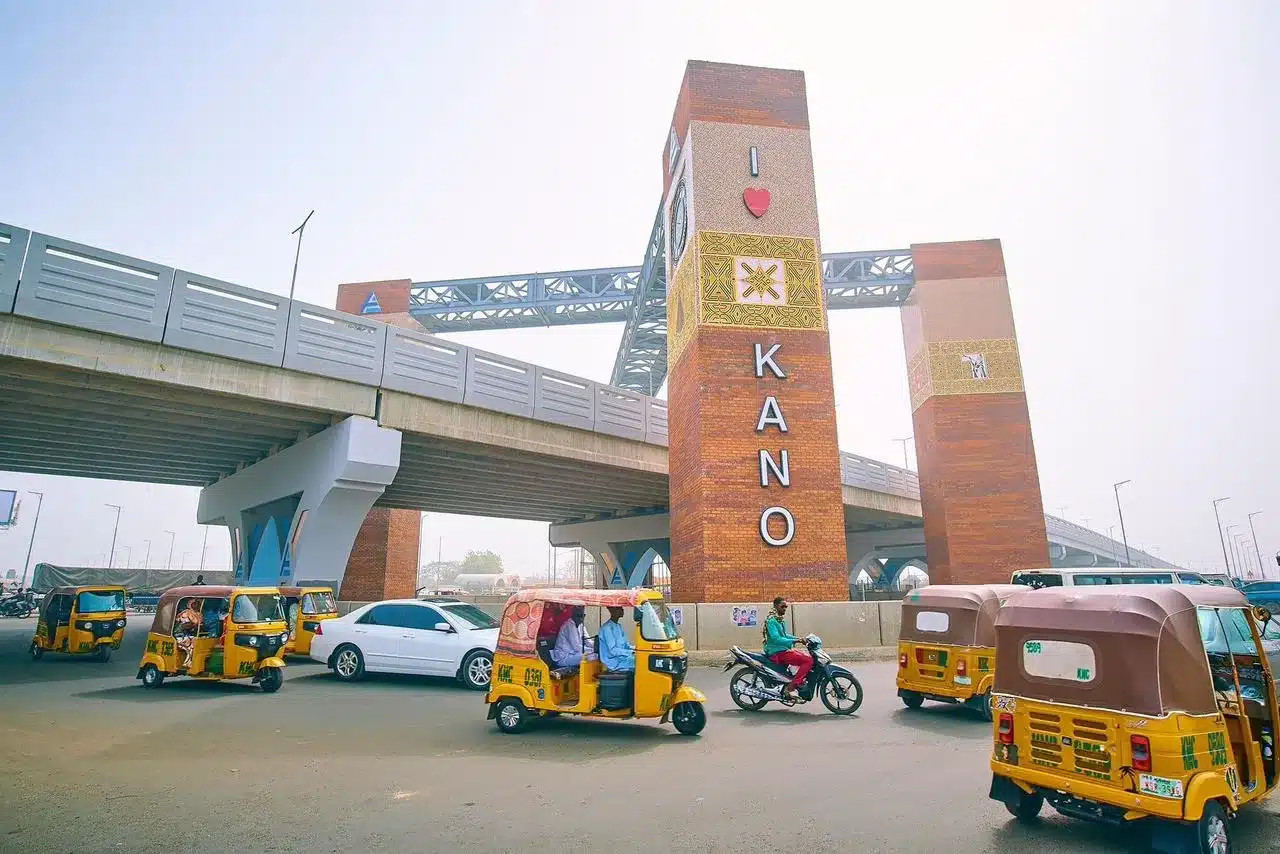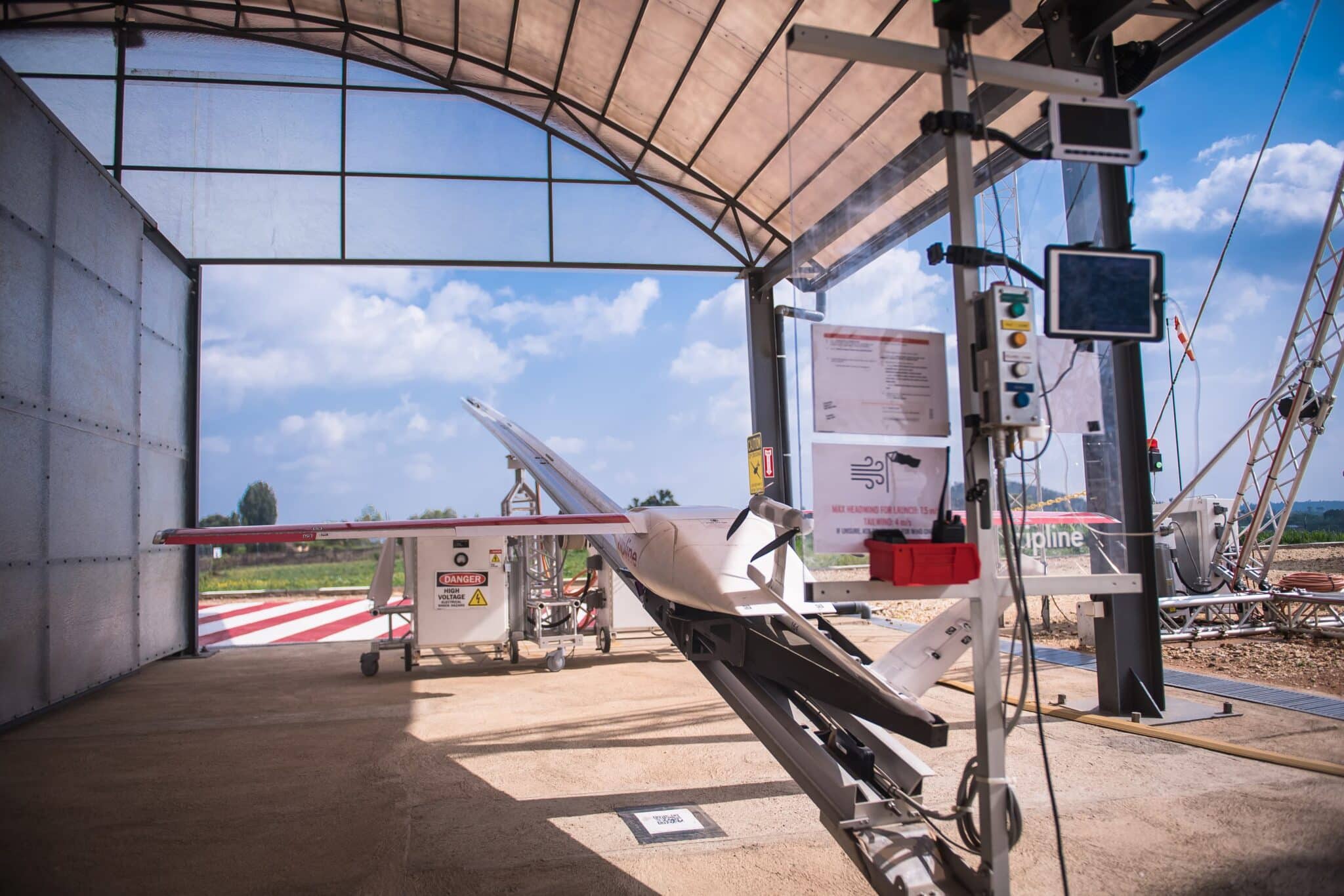In 2018, a total of $25.08 billion was remitted by Nigerians in diaspora into the country, PricewaterhouseCoopers (PwC) estimates. This represents about 14% increase from 2017 and 83% of the federal government’s 2018 budget in value.
This is almost $3 billion higher than the World Bank’s previous estimate which, at $22 billion, placed Nigeria with the highest remittance in-flow in Africa and fifth-highest globally, behind the likes of India, China, Philippines and Mexico in that order.
Majority of the remittance into Nigeria is coming in from the United States, Switzerland, Germany, Russia, China among others. But according to online remittance service, Azimo the region that made the highest remittance to Nigeria in 2017 was Europe with $8.1 billion, higher than other top senders like the United States, other African countries and Arab states.
Suggested Read: Online platforms that enable instant money transfer to Africa from overseas
Remittance inflow has been on a steady increase for the last six years except in 2016 when it dropped by approximately 7%. As of 2017, there were 17 million Nigerians in diaspora according to the federal government. No doubt, this figure has grown over the years and will continue to grow which implies that the value of remittance inflow into Nigeria would continue to rise.
On the contrary, foreign direct investment (FDI) has been on a steady decline for two years in a row. In 2016, FDI rose by 45% before the recurrent drop in 2017 and 2018 with 21.3% and 31.2% decrease respectively.
Evidently, the value of remittance inflow into the country is in multiples of FDI. The risk to foreign investments according to PwC include the declining interest rate, political instability, unfavourable investment climate as well as broad macroeconomic instability.









